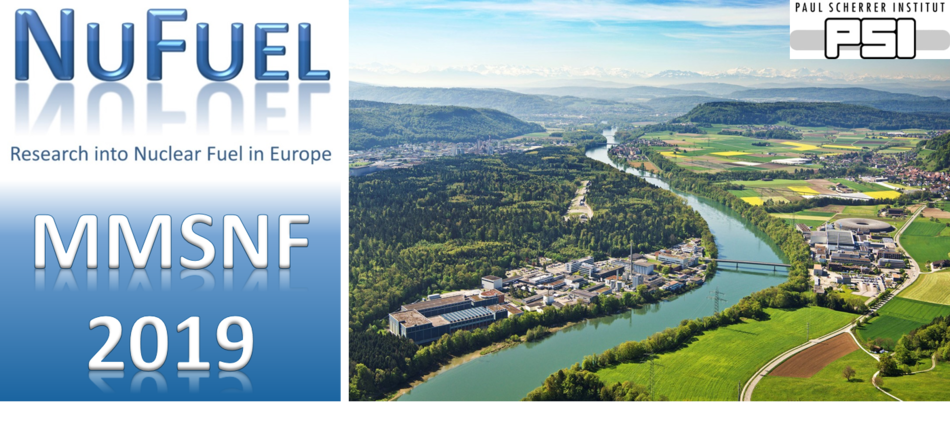Speakers
Description
In collaboration with CEMHTI/CNRS Orléans, DEC/LLCC/CEA Cadarache, JRC-Karlsruhe and in the frame of INSPYRE WP 2.2, we study the behavior of noble gases (Kr, Xe) in UO2 using Thermo-Desorption Spectrometry (TDS). The presented work is a continuation of a separate effect studies where numerous parameters have already been evaluated: the nature of the implanted ions, their energies, their fluence, irradiation defect concentration, UO2 microstructure and its preparation, etc. It notably made possible to experimentally demonstrate that the transport of noble gases are greatly influenced by the presence of traps that will efficiently retain the noble gases in the fuel. The partial pressure of oxygen is another fundamental parameter which we were up until recently unable to impose and vary during TDS experiments. It is however of prime importance since stoichiometry is already known to strongly influence noble gases diffusion kinetics and mechanisms in UO2±x.
On our PIAGARA platform, we recently implemented a laser heating line specific to nuclear materials. This system is coupled to a gas purification line and a high sensitivity noble gas mass spectrometer that allows studying annealings under optimal environmental conditions (pseudo-levitation) and a large range of temperatures (600-2500°C). For oxygen studies, we have included an oxygen sensor and an O2 trap that allows us to control the partial pressure of oxygen (pO2) prevailing in our heating system. The LLCC provided us with a panel of samples manufactured under controlled pO2 and then packaged under vacuum or air. We will present the first results of these experiments and we hope to show the effectiveness of our O2 control system. We will also compare these controlled pO2 experiments with our previous ultra-vacuum TDS data.

